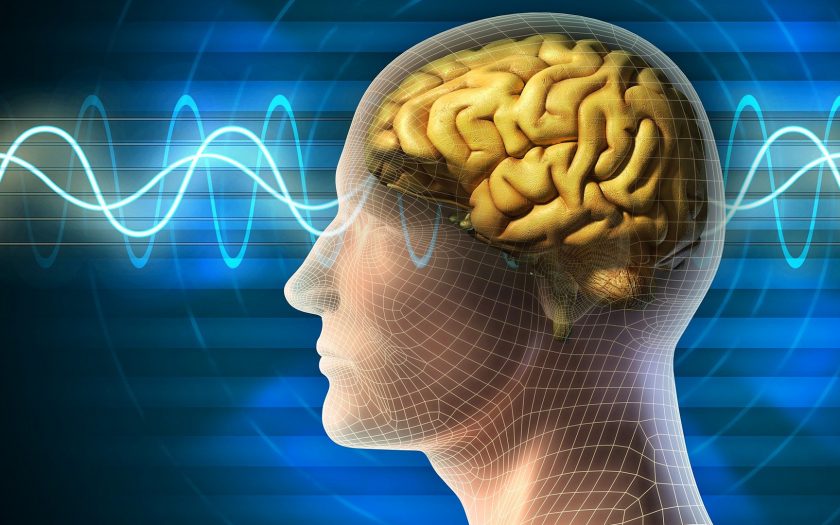According to scientific definition, encephalopathy is a neurological condition of the brain in which diffuse and degenerative changes develop in brain tissue, leading to the death of nerve cells, a decrease in the volume of the nervous tissue, and a disruption of the brain function.
At the heart of encephalopathy is ischemia, as a consequence of the deterioration of blood supply to the brain, venous stasis, edema, and the effects on the brain of toxins. This disease is caused by atherosclerosis, hypertension, vascular insufficiency, brain trauma, chronic alcoholism, intoxication with chemicals, heavy metals. Acceptance of some medications, narcotic addiction, pathology of pregnancy, severe childbirth, liver and kidney damage, radiation disease, metabolic pathology as diabetes can lead to the development of encephalopathy.
SYMPTOMS
The symptoms of encephalopathy are quite diverse and, above all, it depends on the pathological process, which leads to brain damage. People with encephalopathy quickly get tired and become irritable, inattentive, they have sleeplessness. Also, verbiage, the viscosity of thought, a decrease of curiosity, drowsiness, apathy are observed, some words are difficult to pronounce.
Early symptoms of encephalopathy include memory impairment, reduced mental performance, sleep problems, weakness, malaise, and noise in the ears.
DIAGNOSIS
During the physical examination determined reducing visual acuity, nystagmus, hearing impairment, increasing muscle tone and tendon reflexes, and coordination impairment, autonomic disorders are detected. In addition, for diagnosing used complete blood count, biochemical blood tests, and urine tests. It is can be necessary to study cerebrospinal fluid.
TYPES OF DISEASE
There are two main types of encephalopathy – congenital and acquired encephalopathy.
Congenital encephalopathy involves the presence of a genetic defect, an abnormality of brain development, a negative influence of factors during pregnancy or birth trauma.
Acquired encephalopathy has many types that are classified according to the cause for the disruption of brain activity – these are post-traumatic encephalopathy, toxic encephalopathy, radiation encephalopathy, dyscirculatory encephalopathy, metabolic encephalopathy.
ACTIONS OF THE PATIENT
Only after a full range of examinations and found the cause of brain function impairment, it is possible to adequately assess the condition of the patient. It is worth changing your lifestyle, eliminating toxic effects, adhering to a healthy diet and doing physical activity.
TREATMENT
Treatment of encephalopathy should be comprehensive.
First, we identify the cause of encephalopathy and correct it.
Next step is prescribing drugs that improve the metabolism of the brain: nootropics (Cerecetam, Nootropil, Pyracezine), amino acids (glutamic acid), lipotropic compounds, vitamins A, E, B, ascorbic and folic acid.

